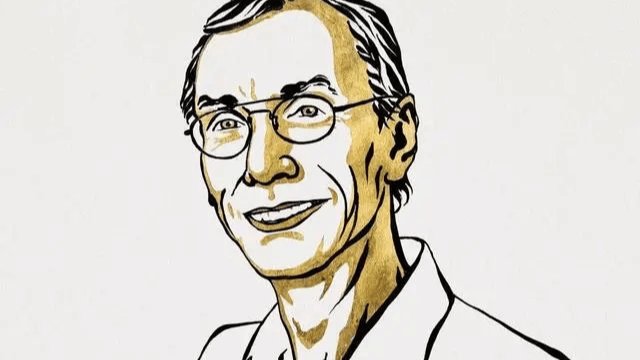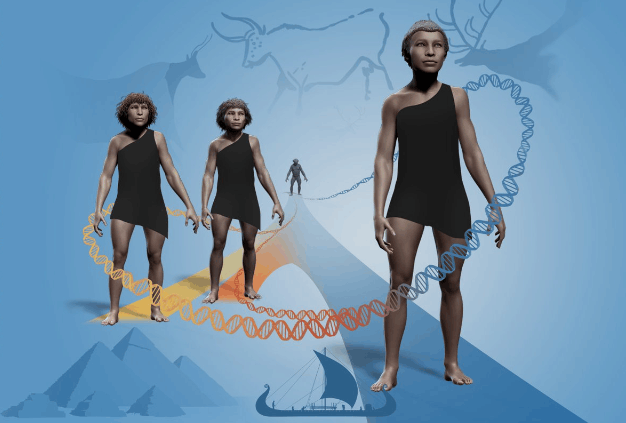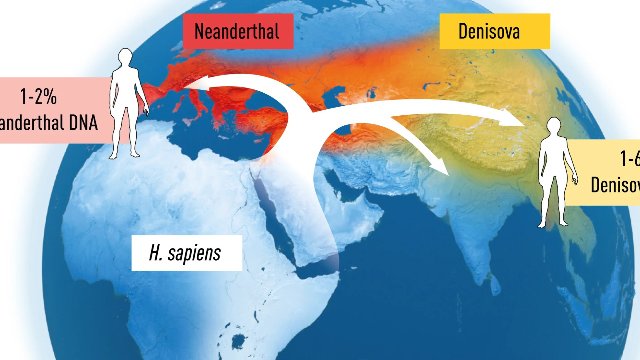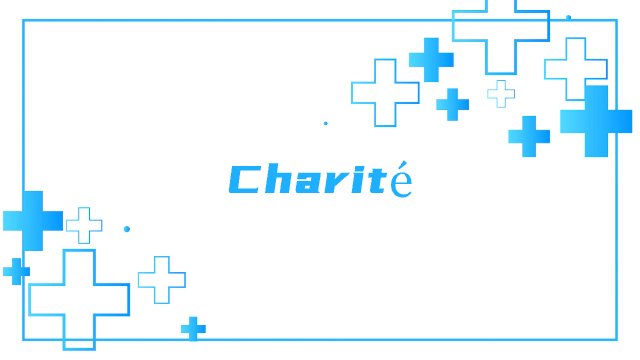Hospital
Svante Pbo, a Swedish scientist, won the Nobel Prize in Physiology or Medicine in 2022. He initiated paleogenomics to study human evolution
On October 3, at 11:30 local time in Sweden and 17:30 local time in Beijing, Caroline Medical College in Sweden announced the 2022 Nobel Prize in Physiology or Medicine. This award was awarded to Svante Pbo for his contribution to the discovery of the extinct ancient human genome and human evolution. According to the official website of the Nobel Prize, Swant Pabo will receive a prize of 10 million Swedish kronor (about 6.41 million yuan).

On October 3, at 11:30 local time in Sweden and 17:30 local time in Beijing, Caroline Medical College in Sweden announced the 2022 Nobel Prize in Physiology or Medicine. This award was awarded to Svante Pbo for his contribution to the discovery of the extinct ancient human genome and human evolution.
According to the official website of the Nobel Prize, Swant Pabo will receive a prize of 10 million Swedish kronor (about 6.41 million yuan).
According to the official website of the Nobel Prize, Swant Pabo was born in Stockholm, Sweden, in 1955. He obtained his doctorate degree from Uppsala University in 1986, and successively engaged in post doctoral research at the University of Zurich in Switzerland and the University of California, Berkeley in the United States. In 1990, he became a professor at the University of Munich, Germany, and founded the Max Planck Institute of Evolutionary Anthropology in Leipzig, Germany, in 1999. He is still active in the Institute.
Wikipedia shows that in 2007 and 2008, Swant Pabo was named one of the most influential 100 people in the world by Time and one of the eight science heroes of the year by New Scientist. At the same time, he is also an academician of the National Academy of Sciences of the United States, Sweden and other countries. His father, Suen Bergstrom, also won the Nobel Prize in Physiology and Medicine in 1982.
"Where do we come from? What is our relationship with our ancestors? What makes Homo sapiens different from other human beings?"—— The interest in its origin runs through the history of human development. According to the official website of the Nobel Prize, Swant Pabo's pioneering research gave birth to the new discipline of "paleogenomics", which laid the foundation for exploring the above problems by revealing the genetic differences between all existing humans and extinct ancient humans.
The pioneering work of Svante Pbo provides a basis for explaining what makes us unique human beings.
Previously, Homo sapiens and Neanderthals, known as the most recent but extinct relatives, had coexisted in most parts of Eurasia for tens of thousands of years. What is the relationship between Homo sapiens and Neanderthals? The answer may come from the sequencing results of genomic DNA recovered from ancient specimens.

Early in his career, Swant Pabo began to develop methods for studying Neanderthal DNA, which lasted for decades. He decided to analyze DNA from Neanderthal mitochondria. Mitochondrial genome is very small, only containing a small part of genetic information in cells, but there are thousands of copies, so it can increase the probability of success.
Swant Pabo, with his ingenious method, measured the sequence of a mitochondrial DNA region from a bone 40000 years ago. For this reason, we obtained sequences from extinct relatives for the first time. The results show that Neanderthals are genetically different from contemporary humans and chimpanzees.
Subsequently, Swant Pabo and his team continued to improve the method of isolating and analyzing DNA from ancient bone remains, and also hired several key collaborators with expertise in population genetics and advanced sequence analysis. In 2010, the Swant Pabo team published the first Neanderthal genome sequence. The comparative analysis shows that Neanderthals and the nearest common ancestor Homo sapiens lived about 800000 years ago.
Based on this, Swant Pabo and his colleagues further investigated the relationship between Neanderthals and modern humans from different parts of the world. The comparative analysis shows that the DNA sequence of Neanderthals is more similar to that of contemporary humans from Europe or Asia than that of contemporary humans from Africa. This means that Neanderthals and Homo sapiens interbred during their thousands of years of coexistence. In modern humans of European or Asian ancestry, about 1-4% of the genome comes from Neanderthals.
The discovery of Svante Pbo provides important information about the world population distribution when Homo sapiens migrated from Africa to other parts of the world.

In addition, in 2008, the Swant Pabo team sequenced a 40000 year old finger bone fragment. This fragment was found in Denisova Cave in southern Siberia, and a previously unknown human was found, which was named Denisova Man. Compared with the sequence of contemporary humans from different regions of the world, Denisova and Homo sapiens also experienced gene flow. This relationship first appeared in populations in Melanesia and other parts of Southeast Asia, where individuals carry up to 6% of Denisova DNA.
According to the official website of the Nobel Prize, based on the discovery of Swant Pabo, we now know that ancient gene sequences from extinct relatives will affect the physiological function of today's human beings. For example, the Danisova version of the EPAS1 gene gives the advantage of survival in high-altitude areas, and is very common among Tibetans today. For another example, Neanderthal genes affect our immune response to different types of infections. Swant Pabo's pioneering work identified the genetic differences between Homo sapiens and our recently extinct relatives. In the future, research in relevant fields will focus on analyzing the functional impact of these differences, with the ultimate goal of explaining "what makes us unique human beings".
-
![]()
![]() HospitalOct 30, 2024
HospitalOct 30, 2024Boston Children's Hospital
-
![]()
![]() HospitalOct 29, 2024
HospitalOct 29, 2024Charité - Top 10 Best Hospitals in the World
-
![]()
![]() HospitalOct 28, 2024
HospitalOct 28, 2024Svante Pbo, a Swedish scientist, won the Nobel Prize in Physiology or Medicine in 2022. He initiated paleogenomics to study human evolution
-
![]()
![]() HospitalOct 27, 2024
HospitalOct 27, 2024Dokkyo Medical University Hospital
-
![]()
![]() HospitalOct 26, 2024
HospitalOct 26, 2024University of Iowa Hospitals and Clinics



